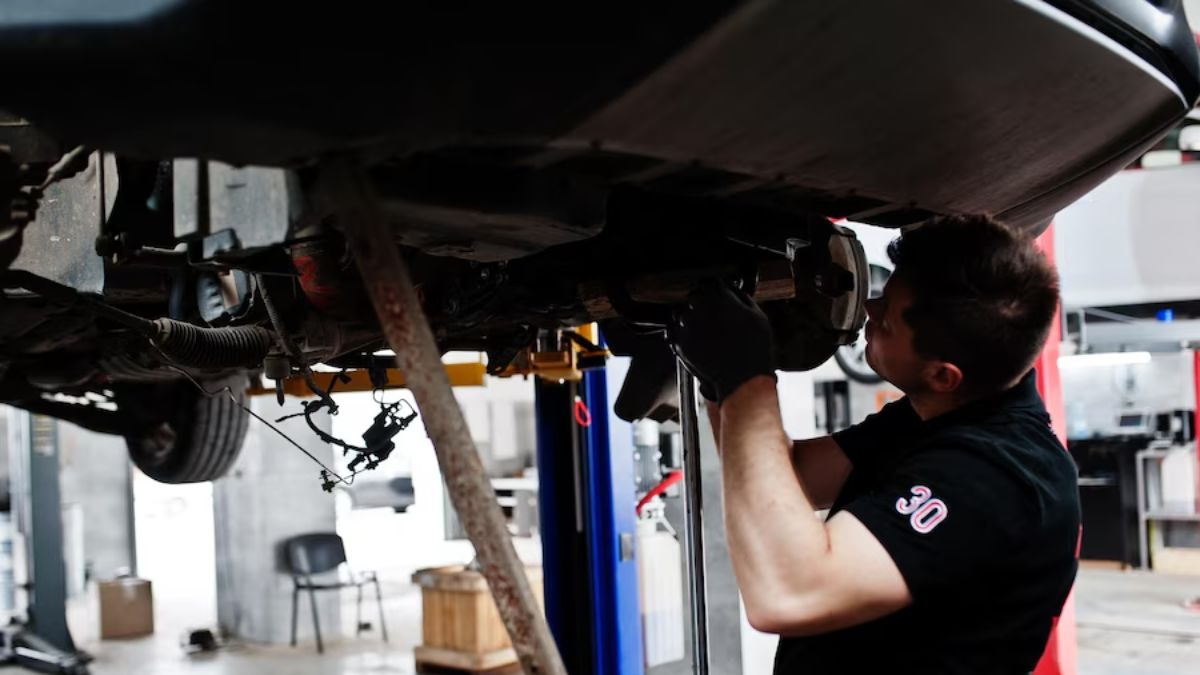- By Divanshi Sharma
- Fri, 15 Mar 2024 02:53 PM (IST)
- Source:JND
Car Care Tips: A car is an automotive engineering masterpiece that comprises endless intricate components working together to ensure smooth operation. One such critical component is the suspension system, which plays a vital role in vehicle safety and comfort. It absorbs shocks from the road surface to provide a smooth ride for passengers. It is crucial to regularly keep checking the suspension system of your car to ensure its functioning properly. If you notice any suspension-related issues, it's essential to address them promptly to avoid safety risks or expensive repairs later on. However, to make sure that you are looking after your suspension beforehand, follow these simple steps.
ALSO READ: Car Reselling Tips: Key Things To Keep In Mind To Increase Resale Value Of Your Car
Drive Carefully
Do not drive roughly or over potholes and uneven roads to prevent damage to your vehicle's suspension system. Driving over rough terrain at high speeds not only makes driving uncomfortable but also poses safety risks. Drive cautiously to avoid unnecessary stress on your suspension.
Wheel Alignment
Wheel alignment ensures proper tyre alignment, preventing uneven wear and disturbances while driving from a misaligned suspension. Make sure to align the wheels annually or after driving 15,000-20,000 kilometres. Additionally, maintain correct tyre inflation as per the OEM's recommendations, as improper air pressure can stress the vehicle's suspension system.
Replace Old Components
A suspension system comprises springs, shock absorbers, struts, control arms, and ball joints. Malfunctioning parts can compromise the entire system, leading to safety hazards and vehicle damage. It is essential to replace worn-out suspension components immediately to maintain proper functionality. Additionally, shocks and struts should be replaced every 80,000-100,000 kilometres.
Always Use Quality Components
When replacing suspension components, always use high-quality parts designed for your vehicle. It's advisable to stick to manufacturer-recommended parts to ensure proper fit and performance. While cheaper aftermarket parts may save money initially, they can lead to future issues and jeopardise safety.
Do Not Overload The Vehicle
Overloading a vehicle places excessive strain on its suspension system, which further increases wear and tear. Overloading your vehicle can lead to potential damage and compromise the suspension's lifespan.
